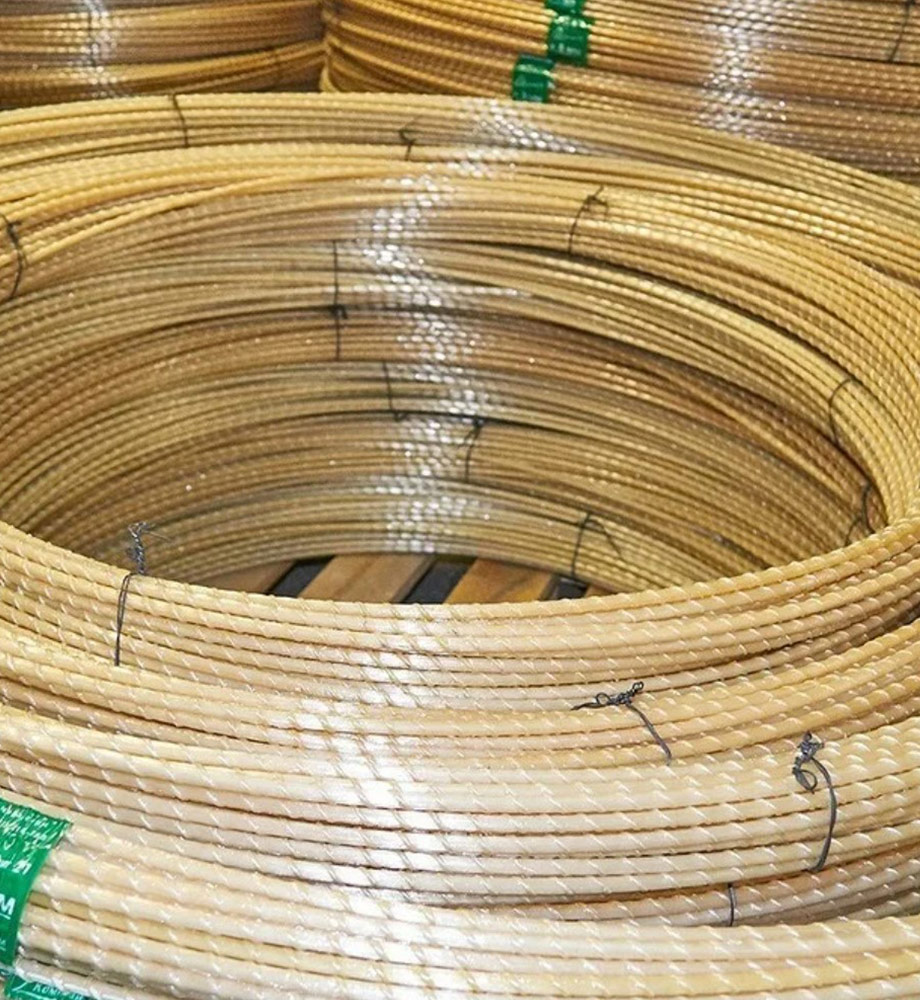Key Features
- Corrosion-free composite construction; high strength-to-weight ratio; non-conductive (no electrical conductivity); thermal and chemical stability; available in standard diameters and lengths.
Benefits
- Extends the service life of structures by eliminating rust-related failures; reduces maintenance and replacement costs; easier and safer handling due to lighter weight (up to ~75% lighter than steel); no magnetic interference.
Applications
- Marine and coastal infrastructure, bridges, tunnels, parking decks, sewage and water treatment plants, and any concrete structure exposed to moisture or chemicals. Commonly used in highways, airport pavements, utilities, and reinforced concrete buildings where corrosion is a concern.
Technical Specifications
- Typical GFRP bars range from 6 mm to 32 mm diameter (standard rebar sizes) with tensile strengths around 1,000–1,300 MPa. They meet industry standards for concrete reinforcement and have a design life often exceeding 100 years.
Unique Selling Points (USPs)
- 100% corrosion resistance (no rust or “concrete cancer”), extremely long lifespan (often 3× that of steel), and significant whole-life cost savings. Their light weight reduces shipping and labor costs, and installation can be performed with fewer workers and less heavy equipment.

